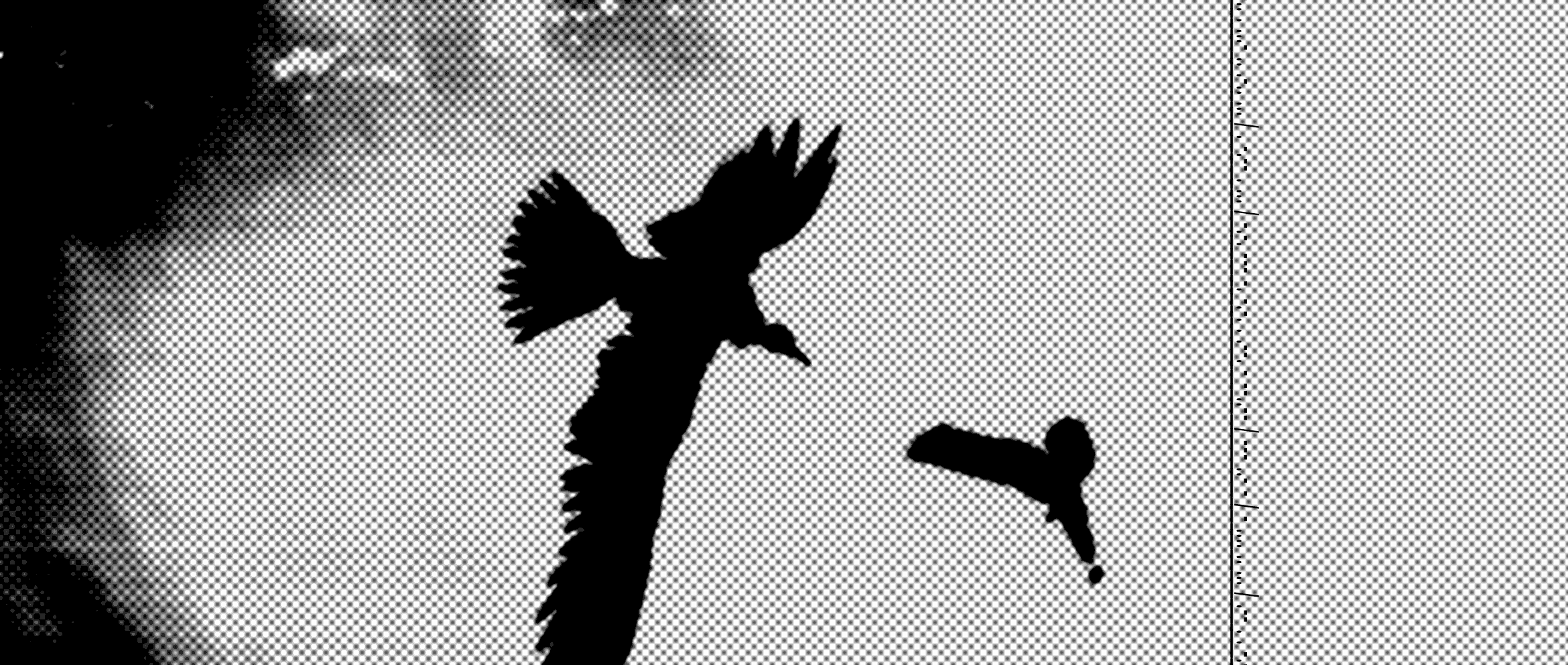Incorrect: the backdoored version was originally discovered by a Debian sid user on their system, and it presumably worked. On arch it’s questionable since they don’t link
sshdwithliblzma(although some say some kind of a cross-contamination may be possible via a patch used to support some systemd thingy, and systemd usesliblzma). Also, probably the rolling opensuse, and mb Ubuntu. Also nixos-unstalbe, but it doesn’t pass theargv[0]requirements and also doesn’t linkliblzma. Also, fedora.Sid was that dickhead in Toystory that broke the toys.
If you’re running debian sid and not expecting it to be a buggy insecure mess, then you’re doing debian wrong.
Fedora and debian was affected in beta/dev branch only, unlike arch
Yes, but Arch, though it had the compromised package, it appears the package didn’t actually compromise Arch because of how both Arch and the attack were set up.
Unlike arch that has no “stable”. Yap, sure; idk what it was supposed to mean, tho.
Bro WTF. How about you actually read up on the backdoor before slandering Arch. The backdoor DOES NOT affect Arch.
OpenSUSE Tumbleweed has it. The Fedora 40 beta has it. Its just a result of being bleeding edge. Arch doesn’t have exclusive rights to that.
I use arch btw
Uhh? Good for you?
Thank you
I thought Arch was the only rolling distro that doesn’t have the backdoor. Its sshd is not linked with liblzma, and even if it were, they compile xz directly from git so they wouldn’t have gotten the backdoor anyway.
TBF they only switched to building from git after they were notified of the backdoor yesterday. Prior to that, the source tarball was used.
liblzma is the problem. sshd is just the first thing they found that it is attacking. liblzma is used by firefox and many other critical packages.
Arch does not directly link openssh to liblzma, and thus this attack vector is not possible. You can confirm this by issuing the following command:
ldd "$(command -v sshd)"Yes, this sshd attack vector isn’t possible. However, they haven’t decomposed the exploit and we don’t know the extent of the attack. The reporter of the issue just scratched the surface. If you are using Arch, you should run pacman right now to downgrade.
If you are using Arch, you should run pacman right now to downgrade.
No, just update. It’s already fixed. Thats the point of rolling release.
They actually have an upgrade fix for it, at least for the known parts of it. Doing a standard system upgrade will replace the xz package with one with the known backdoor removed.
most stable
How the hell is arch more stable than Debian?
Just Arch users being delusional. Every recent thread that had Arch mentioned in the comments has some variation of “Arch is the most stable distro” or “Stable distros have more issues than Arch”.
i think it’s a matter of perspective. if i’m deploying some containers or servers on a system that has well defined dependencies then i think Debian wins in a stability argument.
for me, i’m installing a bunch of experimental or bleeding edge stuff that is hard to manage in even a non LTS Debian system. i don’t need my CUDA drivers to be battle tested, and i don’t want to add a bunch of sketchy links to APT because i want to install a nightly version of neovim with my package manager. Arch makes that stuff simple, reliable, and stable, at least in comparison.
“Stable” doesn’t mean “doesn’t crash”, it means “low frequency of changes”. Debian only makes changing updates every few years, and you can wait a few more years before even taking those changes without losing security support while Arch makes changing updates pretty much every time a package you have installed does.
In no way is Arch more stable than Debian (other than maybe Debian Unstable/Sid, but even then it’s likely a bit of a wash)
If you are adding sources to Debian you are doing it wrong. Use flatpak or Distrobox although distrobox is still affected
In my experience they’re the same from a reliability standpoint. Stuff on Arch will break for no reason after an update. Stuff on Debian will break for no reason after an update. It’s just as difficult to solve reliability problems on both.
Because Debian isn’t a rolling release you will often run into issues where a bug got fixed in a future version of whatever program it is but not the one that’s available in the repository. Try using yt-dlp on any stable Debian installation and it won’t work for example.
Arch isn’t without its issues. Half of the good stuff is on the AUR, and fuck the AUR. Stuff only installs without issues half the time. Good luck installing stuff that needs like 13+ other AUR packages as dependencies because non of that shit can be installed automatically. On other distros,all that stuff can be installed automatically and easily with a single command.
I use Arch btw.
Stuff on Debian will break for no reason after an update
I have never had this happen on Debian servers and I’ve been using it for around 20 years. The only time I broke a Debian system was my fault - I tried to upgrade an old server from Debian 10 to 12. It’s only supported to upgrade one version at a time. Had to restore from backup and upgrade to Debian 11 first, then to 12.
I have never had anything break on Debian. It has been running for years on attended upgrades
I’ve had the exact opposite experience. I switched to Arch when proton came out, and I haven’t had a system breakage since that wasn’t directly caused by my actions.
Debian upgrades would basically fail to boot about 20% of the time before that.
Old does not mean stable
Stable means stable
Arch users are really just cannon fodder against supply chain attacks.
We’re the front line dog. Strike me down so Debian Stable’s legacy may live on.
It is not entirely clear either this exploit can affect other parts of the system. This is one those things you need to take extremely seriously
In the case of Arch the backdoor also wasn’t inserted into liblzma at all, because at build time there was a check to see if it’s being built on a deb or rpm based system, and only inserts it in those two cases.
See https://gist.github.com/thesamesam/223949d5a074ebc3dce9ee78baad9e27 for an analysis of the situation.
So even if Arch built their xz binaries off the backdoored tarball, it was never actually vulnerable.
Arch is not vulnerable to this attack vector. Fedora Rawhide, OpenSUSE Tumbleweed and Debian Testing are.
Notice normal distros aren’t affected
tf is a normal distro?
In this context, I’m going to assume they mean “non-rolling-release”
Distros that have some sort of testing before hitting users. Arch also had the issue of killing Intel laptop displays not to long ago as well.
Maybe using the term “normal distro” is a bit of a stretch but my point is that testing is good.
Non betas/testing probably?
It has the freshest packages, ahead of all distros
Let me introduce you to Nixpkgs. Its packages are “fresher” than Arch’s by a large margin. Even on stable channels.
I’m fairly sure NixOS Unstable also has it.
Fedora got hit too.
Me, using arch and fedora 40 beta, just ignoring it
Arch has already updated XZ by relying on the source code repository itself instead of the tarballs that did have the manipulations in them.
It’s not ideal since we still rely on a potentially *otherwise* compromised piece of code still but it’s a quick and effective workaround without massive technical trouble for the issue at hand.
instead of the tarballs that did have the manipulations in them
My only exposure to Linux is SteamOS so I might be misunderstanding something, but if not:
How in the world did it get infected in the first place? Do we know?
From what I read it was one of the contributors. Looks like they have been contributing for some time too before trying to scooch in this back door. Long con.
It seems like this contributor had malicious intent the entire time they worked on the project. https://boehs.org/node/everything-i-know-about-the-xz-backdoor
There are no known reports of those versions being incorporated into any production releases for major Linux distributions, but both Red Hat and Debian reported that recently published beta releases used at least one of the backdoored versions […] A stable release of Arch Linux is also affected. That distribution, however, isn’t used in production systems.
Ouch
Also,
Arch is the most stable
Are you high?
what even is xz?
Very common compression utility for LZMA (.xz file)
Similar to .gzip, .zip, etc.





















